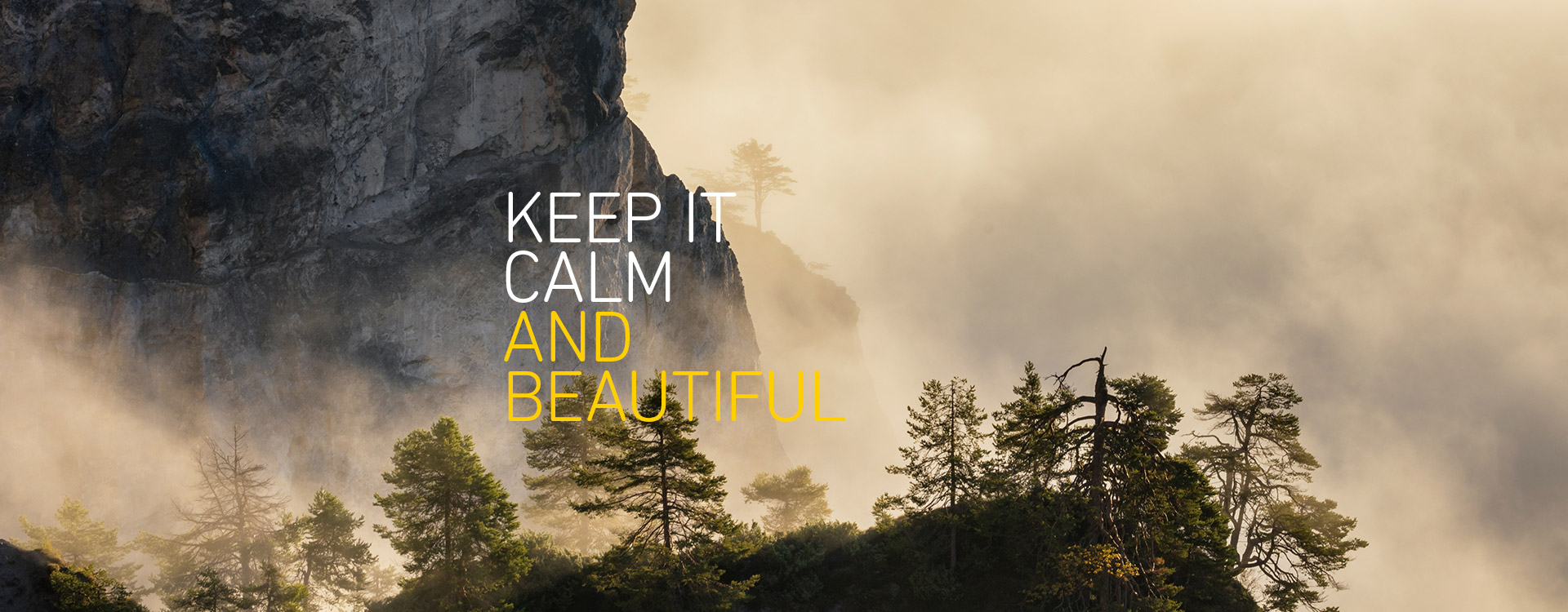NATURE CONSERVATION
How we can conserve nature
Even though we are all about getting active in the great outdoors, respecting nature is one of our top priorities. Our region isn’t just a popular tourist destination, it is also home to rare plants and endangered species of wildlife which require special conservation. To make sure that things stay this way in the future, we require your support. Here is a map with the different conservation zones, with which you can find out why these areas are particularly important.
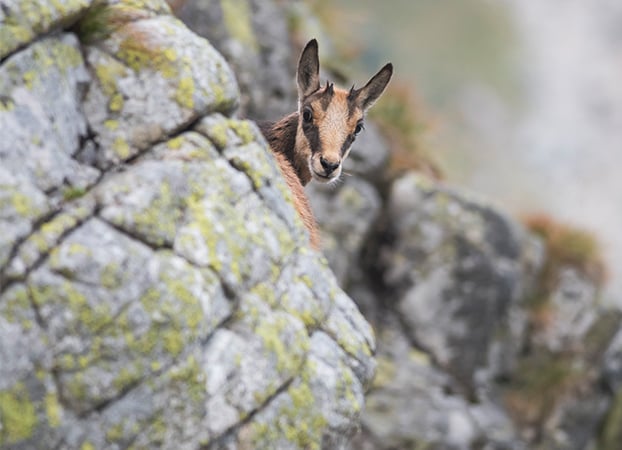
Quiet zones for wildlife
Although wildlife can become accustomed to the presence of humans, it also needs to be able to retreat to quieter areas. This is especially important in the winter, because they need peace and quiet so that they expend as little energy as possible and are able to survive the cold time of year. Therefore, please respect the quiet zones for wildlife which are shown on the maps and the information signs.
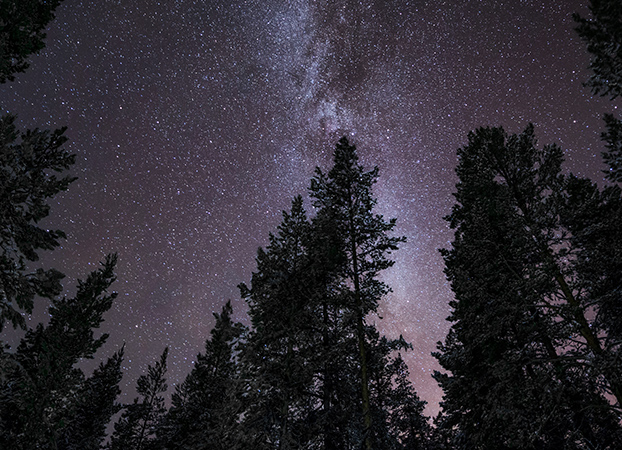
Forest reserves
In our forest reserves, the forest is left to its own devices and not managed, as these unspoilt areas of forest are especially important for biodiversity. The reserves are protected over the long term through an agreement between the owners of the forests and the canton as well as Pro Natura. This includes an 81-hectares size of natural forest which was once a popular skiing location, being the valley descent from Nagens to Flims.
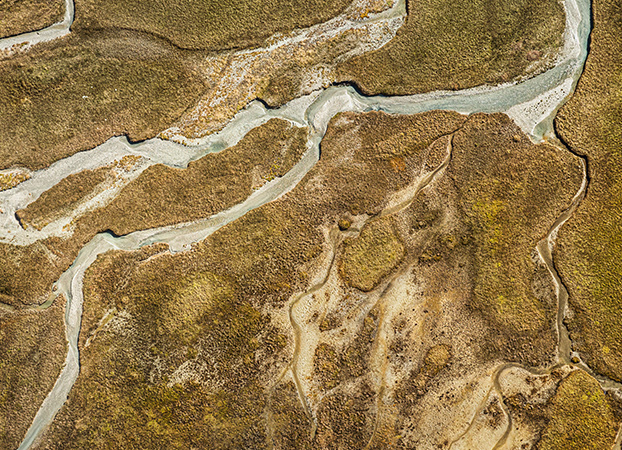
Moorlands
Areas of water and wetlands are among the most valuable areas for nature. They are home to a large number of endangered species of plant and animal. Therefore, the areas that remain intact are now protected. To avoid destroying these fragile habitats, you should avoid leaving the official hiking trails and picking any of the plants.
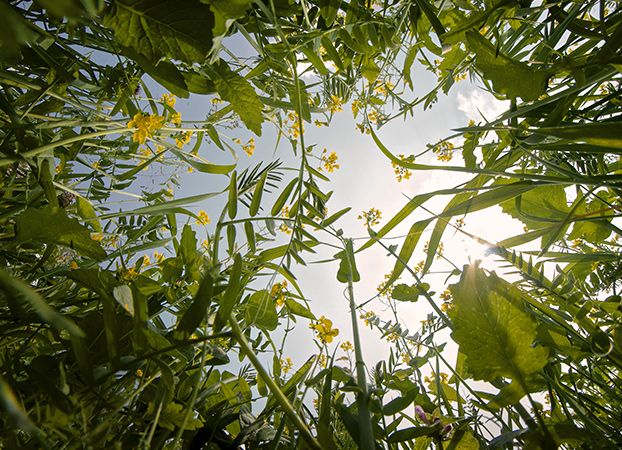
Plant convervation
More than 300 species of plant in Switzerland are directly threatened with extinction. Without the appropriate conservation measures, many of these species may soon disappear forever. The canton of Grisons has a plant conservation law according to which certain plants may not be picked at all, or only up to three of them. Information signs in the region tell you which plants are protected.
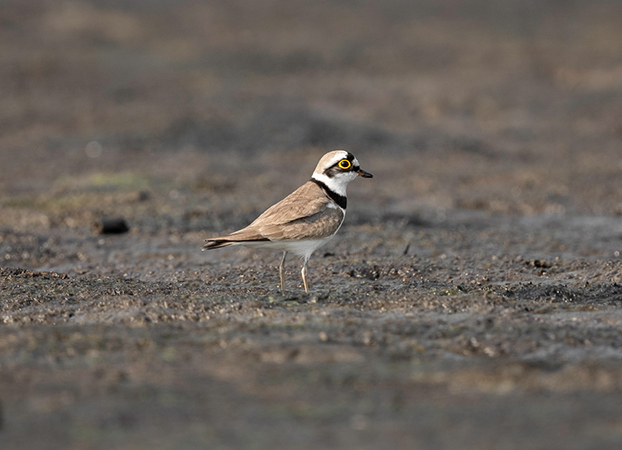
Bird conservation
The Rhine Gorge is an impressive tourist destination – and home to highly endangered bird species such as the Little Ringed Plover, which breed and raise their young on the gravel banks along the riverbank. Disturbing the birds at this time can pose a threat to the chicks. It is therefore important that you pay attention to the protected areas along the Rhine Gorge and comply with the ban on entry from 1 April to 15 July.
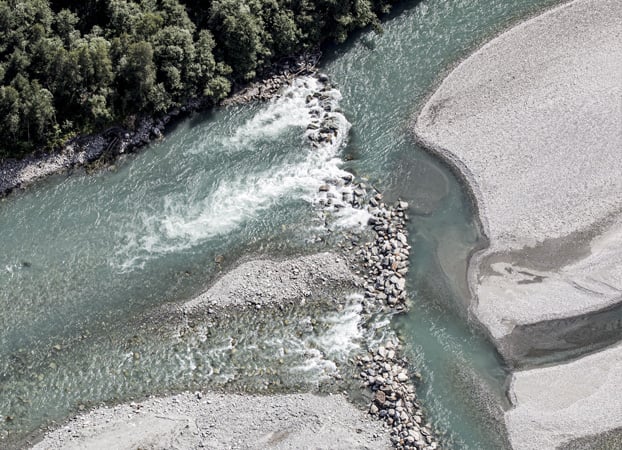
Fishing
The Lake Constance Trout returns to its spawning grounds every year – a long way into the Rhine Gorge. For many years, this was impossible. It is only after returning the waters to nature that the trout are increasingly making their way back to our region. Fishing is permitted on most areas of water in the canton of Grisons, but only for holders of a valid fishing licence.
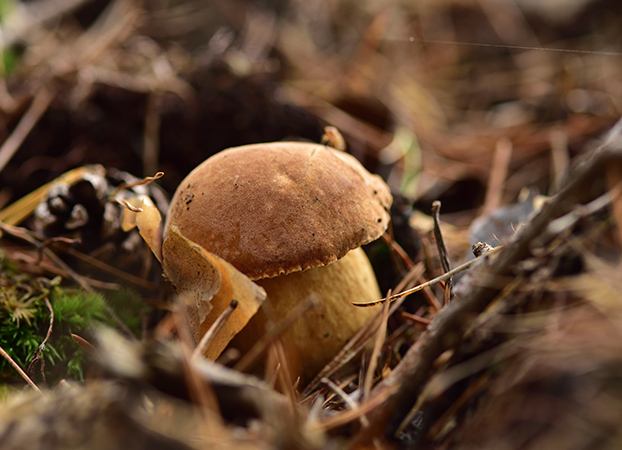
Fungi conservation
Fungi aren’t just a special delicacy, they are also important for maintaining the ecological balance. Unfortunately, more than 120 native species of lichen and fungus are acutely threatened with extinction in Switzerland. Picking them is therefore prohibited in particularly fragile areas of conservation. To protect the existing fungi, please observe the rules on fungi conservation and consult the fungi advisory service.
- A fungi protection period applies from the first to the tenth of each month, during which time all collection of fungi is prohibited
- A maximum of 2 kg of fungi may be collected by any individual person
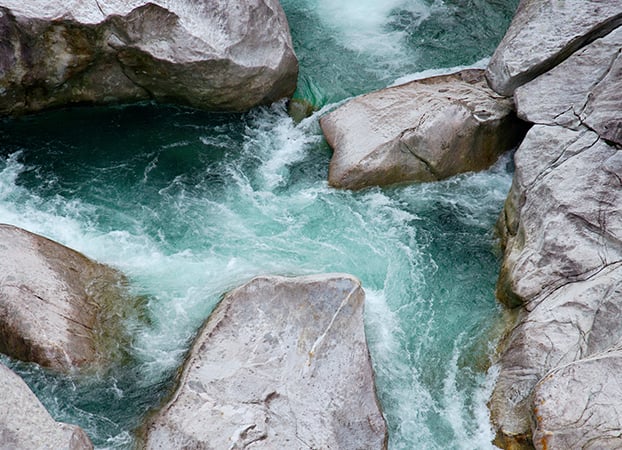
Water conservation
Poor-quality sunscreens not only spoil the fun of swimming, but also the crystal clear water. We recommend sunscreen which has a mineral base, as it pollutes the waters and the environment to a lesser degree. Please do not go into the water with freshly applied sunscreen and respect the shore conservation zones, as they are home to many small and large inhabitants.
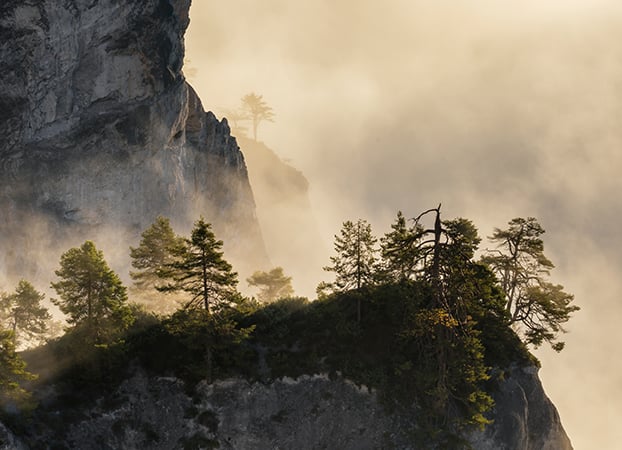
Landscape conservation
Take the time to relax and help conserve nature. After all, Flims isn’t just a popular tourist destination, it is also home to rare plants and endangered species of wildlife which require special conservation. Please stay on the marked footpaths, do not drop any litter and do not pick any protected plants, so as not to endanger the unique natural landscape or its inhabitants.
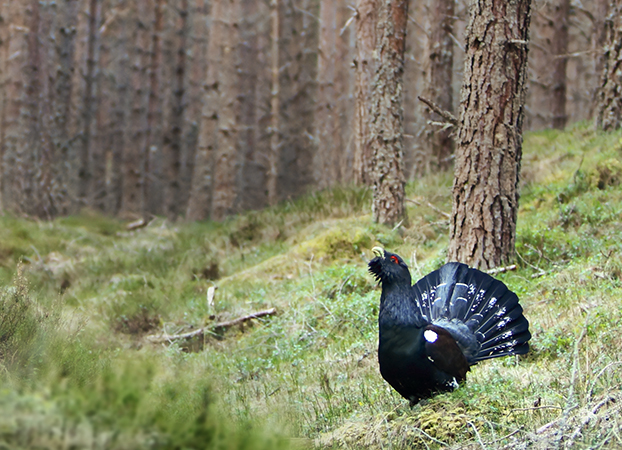
Species diversity
Everything is connected to everything else. That is why biodiversity is essential for both our survival and that of our planet. This is shown in a simplified way by the example of bees: if they die out, apples will vanish too. More chain reactions would then follow. The decline in biodiversity is one of the biggest environmental problems and can only be prevented with the consistent conservation of diverse habitats.

